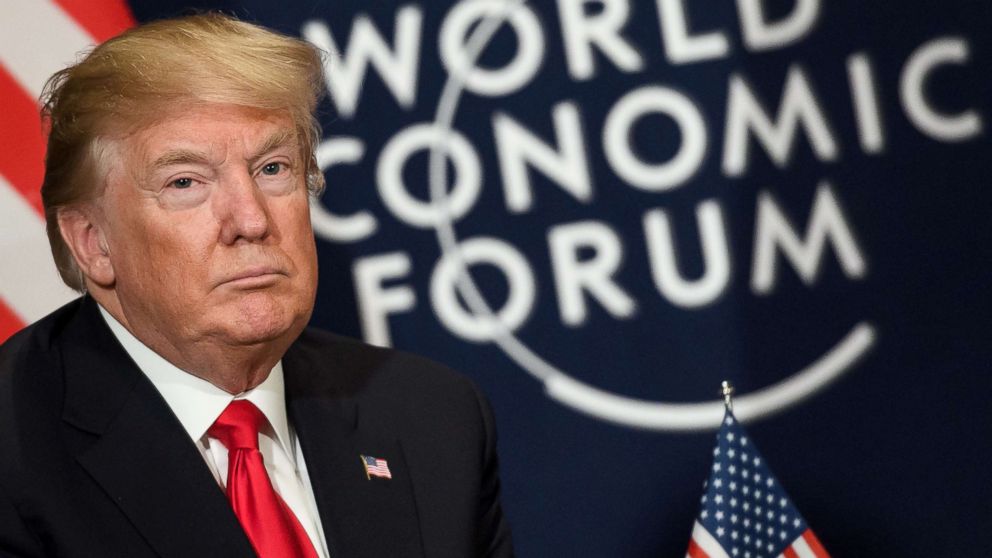U.S. President Donald Trump has reignited discussions about the possibility of Canada joining the United States as its 51st state, following the surprise resignation of Canadian Prime Minister Justin Trudeau.
Trudeau, 53, announced his resignation on Monday, citing pressure from within his ruling Liberal Party amid declining approval ratings. He confirmed he would remain in office until a new leader is chosen, with general elections scheduled for later this year.
Trump, 78, who has had a contentious relationship with Trudeau since his first presidency (2017–2021), has repeatedly floated the idea of a U.S.-Canada merger. He first mentioned the concept during a meeting with Trudeau at Mar-a-Lago following his electoral victory on November 5. The idea has since appeared in multiple posts on Trump's Truth Social platform.
"Many Canadians LOVE the idea of being the 51st state," Trump claimed in a recent post. "The United States can no longer endure the massive trade deficits and subsidies propping up Canada. Justin Trudeau knew this and stepped down."
Trump also suggested that merging the two nations would eliminate tariffs, lower taxes, and bolster security against potential threats. "With Canada as part of the U.S., there would be no tariffs, taxes would drop dramatically, and they’d be TOTALLY PROTECTED from Russian and Chinese threats. Together, we’d be an unstoppable force!" he declared.
Trump further criticized Trudeau in his posts, referring to him mockingly as "the Governor of the Great State of Canada." He also warned of imposing a 25% tariff on Canadian imports unless Canada took stronger measures to curb illicit drug flows and illegal migration across its southern border.
Canadian officials have yet to formally respond to Trump’s proposal, and public reaction in Canada remains muted. As the political landscape shifts with Trudeau’s departure, the feasibility and reception of such an unprecedented idea remain uncertain.


